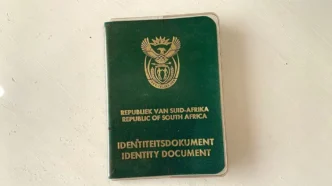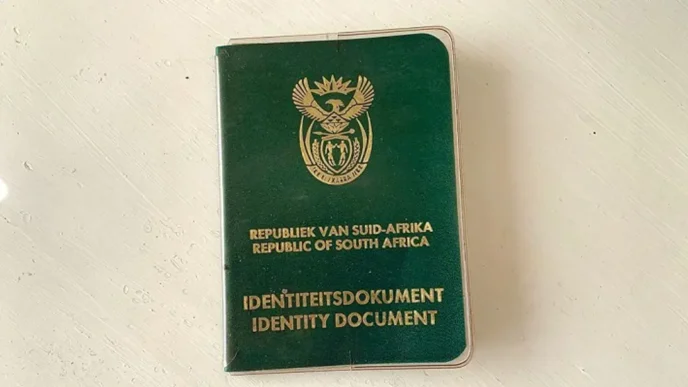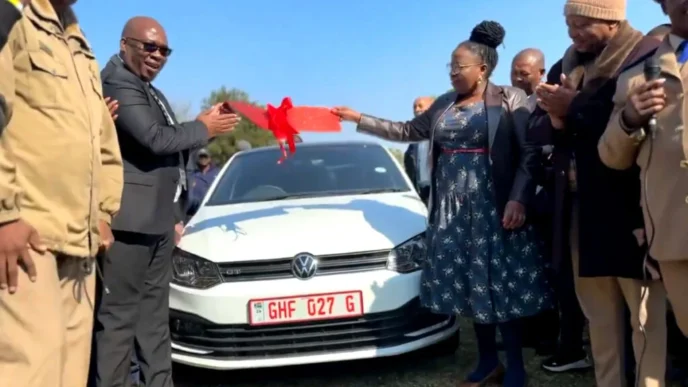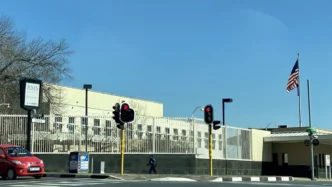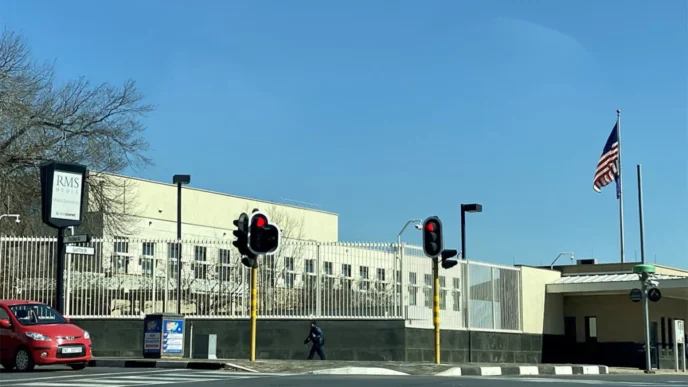South Africans renewing their driving licences are once again caught in bureaucratic limbo as the only national licence card printer —responsible for producing all official driving documents—has broken down , causing widespread delays and operational paralysis. This recurring issue, which has plagued the Road Traffic Management Corporation (RTMC) for years, has left thousands of applicants in limbo, unable to obtain updated cards despite urgent needs like employment, travel, or legal compliance.
The Department of Transport confirmed the breakdown, revealing that the machine—already notorious for malfunctioning 159 times by early 2024 —remains the country’s sole dependency due to stalled plans to acquire additional printers. With no immediate solution in sight, applicants face extended processing times, some waiting weeks or even months for replacements, while expired licences complicate daily life for drivers unaware of the system’s fragility.
Adding to the crisis, expired licences cannot simply be renewed post-expiry; applicants must undergo a more complex process to obtain a new card, further straining an already overburdened system. While the RTMC previously extended licence validity periods to mitigate delays, such measures appear insufficient amid persistent infrastructure failures and outdated technology.
Public frustration has reached a boiling point, with many questioning why systemic neglect continues to undermine basic services. “This isn’t just inconvenient—it’s discriminatory,” said a Pretoria resident. “How do we function in a society that relies on valid documentation when the system is broken?”.
The crisis highlights deeper issues in South Africa’s licensing framework, where reliance on a single, faulty machine exposes vulnerabilities in public infrastructure and planning. As officials scramble to repair the printer, critics argue that long-term solutions—including modernized systems and redundancy protocols—are urgently needed to prevent recurring chaos.
For now, affected citizens remain in limbo, forced to navigate a labyrinth of delays while hoping for a resolution that prioritizes their needs over institutional inertia.


